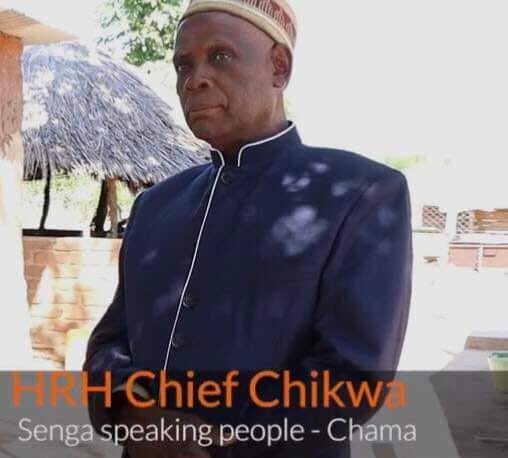Controversy Surrounding Arrest of Chief Chikwa Sparks National Debate
Chief Chikwa of Chama District, Eastern Province, has been arrested and charged for allegedly cutting down trees in the Game Management Area (GMA). This development has ignited a fierce debate across Zambia, raising questions about the application of justice and the protection of national resources.
Wesley Miyanda, a prominent Governance Expert and Human Rights Advocate, issued a press statement condemning the arrest, asserting that Chief Chikwa’s role as a custodian of land and a promoter of the rule of law should have been handled administratively rather than through public embarrassment.
The incident has prompted calls for a deeper understanding of GMAs and their significance. GMAs are established as buffer zones around parks networks, serving as habitats for both wildlife and human communities. They are intended to balance agricultural, forestry, and hunting activities while ensuring sustainable game production.
Miyanda’s statement also draws attention to the broader issue of forest management in Zambia, citing the controversial degazettement of Forest 27 in Chieftainess Nkomeshya’s Chiefdom, Lusaka Province, by the previous regime. The forest, once a national preserve and vital water source, was stripped of its value for selfish motives.
The Governance Expert criticizes both the ruling and opposition parties for their silence on the Forest 27 issue, accusing them of being “bloodstained” and serving their own interests at the expense of the Zambian people’s constitutional rights to land ownership.
The arrest of Chief Chikwa has sparked a debate about the fairness of the rule of law, with many questioning why attention is focused on a traditional leader while those occupying Forest 27 are left untouched. Miyanda warns that such discrepancies could lead to skepticism about the justice system and urges for a more equitable approach to resource management.
As the nation grapples with these complex issues, Zambians are left pondering the true custodians of their natural heritage and the legacy they will leave for future generations.



